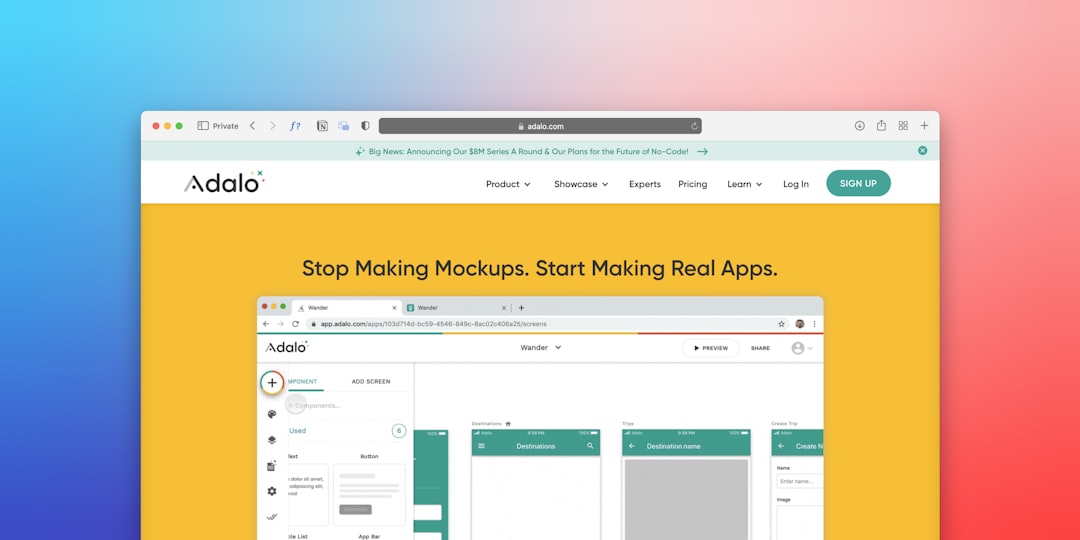In the ever-evolving landscape of modern software development, Java has remained one of the most dependable and versatile programming languages. Despite newer languages entering the scene, Java continues to play a critical role for developers across a wide range of industries. For those who use macOS as their primary development environment, having Java properly installed and configured is not just important—it’s essential. Whether you’re a seasoned professional or an ambitious software enthusiast, Java for Mac offers unparalleled advantages, making it a cornerstone tool in your development arsenal.
Cross-Platform Compatibility That Complements macOS
Java’s write-once-run-anywhere philosophy is far more than a slogan. Its platform independence through the Java Virtual Machine (JVM) enables code to run identically on any device that supports Java. This is particularly valuable for Mac users, who often collaborate with teams using Windows or Linux operating systems. With Java, a developer can write code on macOS and deploy it seamlessly on other platforms without needing to refactor the application for compatibility.
Beyond compatibility, Java applications benefit from strong stability and forward compatibility. Java code written years ago can often still compile and run on modern systems thanks to its commitment to backward compatibility and robust version management. On macOS, this makes Java an ideal choice for long-term project maintenance and deployment.
Integration with Powerful macOS Development Tools
macOS is home to a robust suite of professional-grade development tools. Java integrates remarkably well with many of these, including:
- IntelliJ IDEA: One of the leading Java IDEs, fully supported on macOS with native performance and UI optimization.
- Visual Studio Code: Lightweight yet powerful, VS Code supports Java via extensions and works flawlessly on Mac.
- Apache NetBeans: Another Java-centric IDE that plays nicely on macOS and offers GUI designer tools.
Moreover, when combined with tools like Homebrew, Java development becomes streamlined on Mac. Developers can manage multiple versions of the JDK (Java Development Kit), build automation scripts, and configure their environments quickly and efficiently.

Security and Performance on macOS
Apple’s focus on privacy and security aligns well with the design philosophies behind Java. Java programs run in a controlled environment—the JVM—that can restrict access to system resources unless explicitly permitted. This protects users and developers from some common threats and vulnerabilities.
Performance is another critical consideration. Thanks to macOS’s Unix-based foundation and the optimization work done on modern JVMs, Java applications often run exceptionally well on Mac hardware. The introduction of Apple Silicon (M1 and M2 chips) has further enhanced performance, with Microsoft and Oracle porting JVMs optimized for these ARM-based architectures.
Community Support and Ecosystem
Mac users benefit significantly from the large and active global Java community. Whether it’s open-source libraries, frameworks, or detailed documentation, Java offers one of the most mature software ecosystems in existence today. This wealth of resources is fully accessible to developers on macOS.
The use of Java in major open-source and enterprise projects means that developers can contribute to and interact with high-profile initiatives while developing on their Macs. Popular Java frameworks such as Spring, Hibernate, and Apache Maven run smoothly on macOS, offering incredible development velocity and reliability.

Essential for Android Development
While Kotlin has gained traction in recent years, Java remains a foundational language for Android development. Android Studio—Google’s official IDE for Android—runs natively on macOS and supports Java as a core language for building mobile applications. For developers targeting the massive Android user base from a Mac, Java is indispensable.
macOS’s performance and reliability make it an excellent platform for Android emulation, coding, testing, and deployment. With Java at the core of Android’s libraries and SDKs, learning or using Java is unavoidable for anyone serious about mobile application development.
Mac Devs and Java Enterprise Solutions
Java is the backbone of many enterprise-grade applications and services. Financial institutions, telecommunications, and healthcare systems rely on Java-based infrastructures. Mac-based developers working in these domains often find Java to be a crucial element in their tech stacks.
With tools like Docker and Kubernetes available on macOS, enterprise development using Java becomes even more powerful. Developers can run scalable Java microservices architecture right from their Mac machines without needing dedicated Linux-based setups.
Java Versions and Management on macOS
Managing Java versions on macOS has never been easier. Tools such as SDKMAN! and jEnv allow developers to run and switch between multiple JDK versions as needed. This is invaluable when working across multiple projects, all of which may require different Java environments.
Many enterprise applications and frameworks are built against specific Java versions. By using version management systems on Mac, developers ensure that dependencies and configurations match the intended environment at all times.
Common JDK Management Tools for macOS:
- Homebrew: Easily install OpenJDK or Oracle JDK with straightforward commands.
- SDKMAN!: Interactive management of parallel versions of Java and other SDKs.
- jEnv: Tune JAVA_HOME variables and manage system-wide settings efficiently.
Education and Learning Advantages
Students, academics, and self-learners frequently turn to Java when entering the world of programming, and macOS supports this use case exceptionally well. With accessible IDEs, terminal-based tools, and GUI application support, the Mac provides a well-rounded Java development experience. University courses and computer science curricula also prioritize Java due to its strict object-oriented structure and real-world applicability.
This makes macOS the perfect environment for beginners experimenting with syntax, as well as for advanced learners building complex systems. iMacs and MacBooks equipped with M-series chips handle these processes smoothly while consuming less power and producing less heat, enhancing the educational experience.
Future-Proofing Through Java
Java continues to evolve, with regular LTS (Long-Term Support) releases and community-driven improvements. Developers on macOS can feel confident that their skills and codebase have longevity. As Java increasingly incorporates features like records, pattern matching, and enhancements to its garbage collection mechanisms, developers gain access to a modern, robust language running on reliable hardware.

Conclusion
Whether creating scalable enterprise solutions, building mobile apps, or learning the foundations of programming, Java is a critical asset for anyone working on macOS. Its seamless integration with macOS tools, robust ecosystem, security features, and cross-platform nature make it an unparalleled choice in modern software development. For developers and software enthusiasts, embracing Java on Mac ensures not only productivity and efficiency today but also readiness for the challenges of tomorrow.